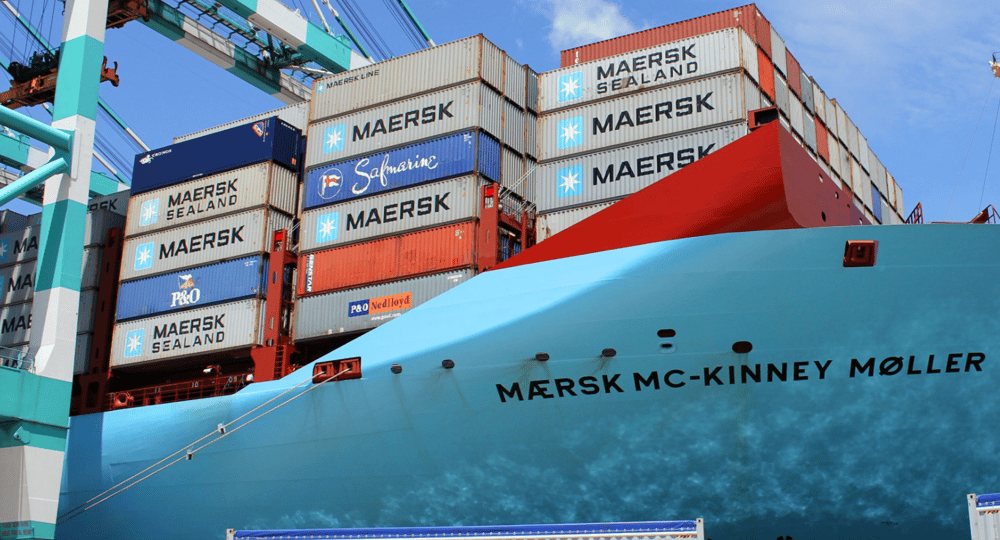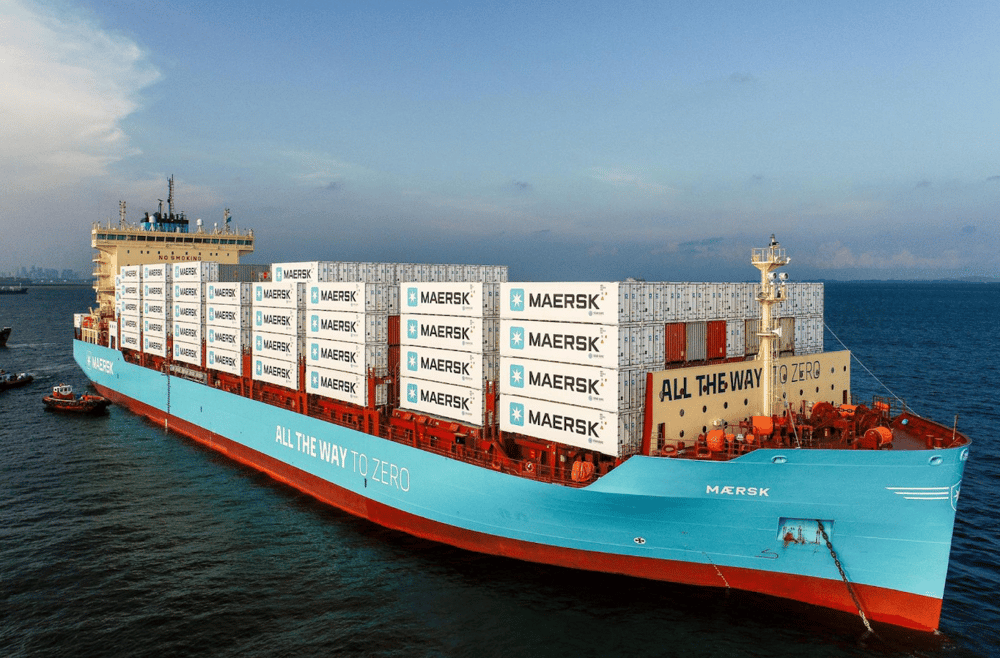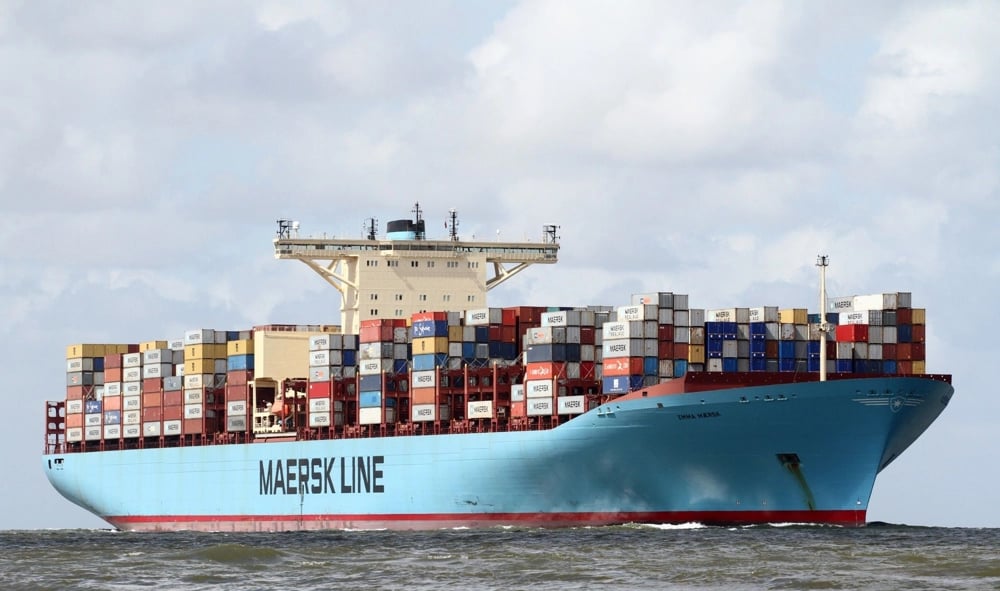Maersk Continues Transit Through Hormuz Strait Amid Rising Regional Tensions
A.P. Moller–Maersk $MAERSK-B.CO confirmed ongoing operations through the Strait of Hormuz, a critical maritime route, despite escalating conflict risks between Israel and Iran. While maintaining current shipping schedules, the company signaled readiness to reevaluate vessel safety and respond swiftly to changing conditions in the region.
Geopolitical Risk Intensifies in a Strategic Energy Corridor
The Strait of Hormuz, situated between Iran and Oman, remains vital to global energy logistics, handling approximately one-fifth of the world’s crude and liquefied natural gas flows. Any disruption to its navigability poses immediate threats to supply stability and maritime security. Tensions intensified following Israeli airstrikes on Iranian targets beginning June 13, renewing fears that Tehran may retaliate by obstructing the narrow waterway. This possibility has triggered broader concerns in financial and energy markets over potential chokepoints in global trade routes.

Maersk Statement Signals Operational Caution
Despite growing instability, Maersk has not suspended operations. In a company statement, the firm emphasized its monitoring protocols and contingency planning: “We are continuously assessing risks to vessel safety in the region and are prepared to act as needed”, the company stated. This position reflects Maersk’s emphasis on safeguarding fleet continuity without prematurely disrupting logistics infrastructure. While the company remains in motion, the message is clear: changes will be immediate if risk levels rise.
Market Exposure to Route Disruption
The global energy and freight sectors are particularly sensitive to events affecting the Hormuz corridor. Disruptions could ripple across oil pricing, maritime insurance, and shipping timelines. Key vulnerabilities highlighted by recent developments include:
Dependence of oil exporters and importers on Hormuz transit;
Elevated security risks for commercial carriers;
Potential escalation of U.S.–Iran naval confrontations;
Upward pressure on Brent and WTI benchmarks;
Increased freight costs and re-routing requirements.
This convergence of risks has heightened volatility across commodities, with oil and shipping equities responding sharply to geopolitical headlines.

Outlook: Tense Equilibrium Amid Fragile Stability
While Maersk’s vessels continue to transit the strait, the company’s alert posture underscores the fragility of the status quo. The Strait of Hormuz remains operational, but not insulated from geopolitical shocks. Future developments, particularly retaliatory actions from Iran or further escalation, could rapidly change the calculus for commercial shippers and global energy flows.















Comments
It's impressive how A.P. Moller–Maersk is navigating such complex challenges while keeping shipping on track.
It's reassuring to see A.P. Moller–Maersk prioritizing safety while navigating such a tense situation.